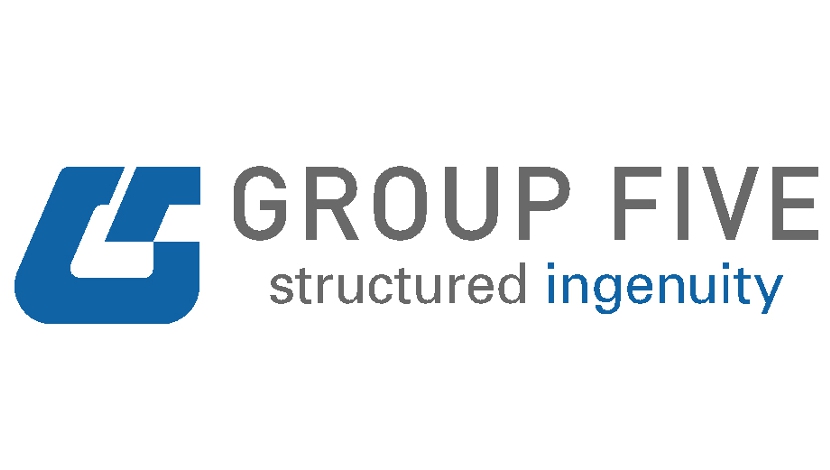

All three business units at leading South African heavy engineering and solutions group Efficient Engineering have been verified as level 1 broad-based black economic empowerment (BBBEE) companies under the South African government’s new codes.
Verification agency BEE on Call confirmed the top-level rating – which covers heavy engineering and fabrication company Efficient Engineering, as well as liquid-bulk tanks constructor Efficient Trotech and energysolutions company Efficient Power – in November.
CFO Lenny Govender says the ownership dimension has been secured through the Shalamuka trust, which owns 49% of the business. Shalamuka, whose beneficiaries are mostly black women, is associated with RMB Corvest, which itself owns 26% of Efficient Engineering.
The balance of the company is held by executive management(20%) and Algep (5%), representing the founding Cimato family – Efficient Engineering was established by Giuseppe Cimato in 1968.
The journey to progressively improve the group’s BBBEE rating began 18 months ago under the stewardship of the board.
The restructuring has been associated with a rapid diversification of the company’s customer base, with miningequipment currently comprising about a third of the group’s order book, having previously made up over 90% of sales.
The 600-employee company, which has 29 000 m2 of workshop area in Ekurhuleni and Durban, is now increasingly active in the electricity and oil and gas markets, having recently fabricated the initial five 74-m-long “bullets” for a liquid petroleum gas terminal being developed at Saldanha Bay, in the Western Cape.
The company has even penetrated the science-and-technology market, through the supply of stationary pedestal and rotating yokes for the antennas being used as part of the MeerKAT radio telescope project, in the Northern Cape.
Executive director for business development Vees Moodley says the company remains committed to retaining its leading empowerment status in the domestic manufacturing environment but says: “It is disheartening to lose contracts to Chinese and Indian competitors.
And while we have limited leverage over our private-sector clients, we do believe that the State-owned companies should take more of a lead in supporting those local companies that have made the effort to invest in transformation.”





